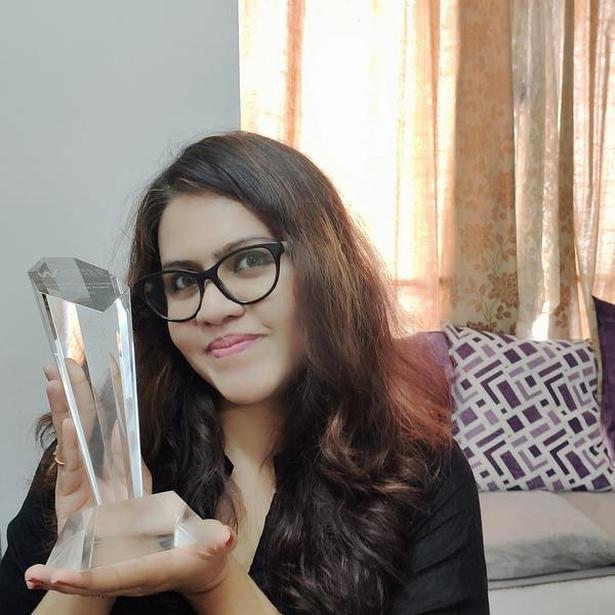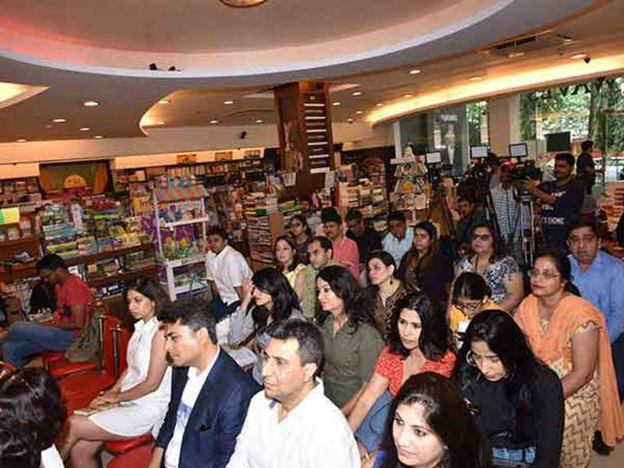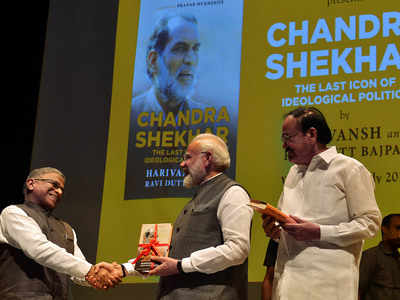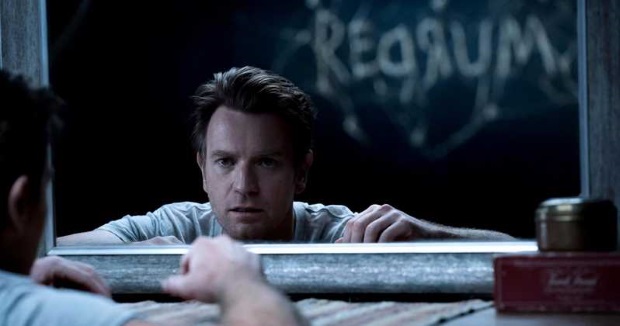Frontlist | We need more female leaders in gaming, says Indian game designer Poornima Seetharaman
Frontlist | We need more female leaders in gaming, says Indian game designer Poornima Seetharamanon Mar 08, 2021

Poornima Seetharaman is fast becoming every gamer girl’s role model owing to her perseverance and professionalism in the entertainment industry
While Poornima Seetharaman grew up in a tiny village in Palakkad, Kerala, her father was working in the city. The village’s orthodox outlook reflected in Poornima, until her father gave her a a pair of jeans.
As soon as she put them on, other girls in the village followed suit. It is a memory the now 36-year-old Poornima continues to be empowered by, and every bit of pride is felt over a call with MetroPlus for International Women’s Day (March 8) and Women’s History Month.
The lead game designer at Zynga Game Network first fell in love with video games through Dungeons And Dragons, which catapulted her from gamer to programmer and designer. “Whatever I missed out on or liked, I wanted to create.” Fast forward 15 years, and her journey has seen some remarkable turning points: in 2020, she was the first Indian inducted into the Women in Games — Global Hall of Fame, was one of the winners of the Special Recognition Award 2020, and was one of the runners-up of Mentor of the Year 2020 by WomenTech Network.
There is still a novelty of being a “female game designer”. Poornima, however, tunes out these reactions, “It is beyond being old or annoying; it has become background noise. Some people do ask about it from a point of genuine curiosity. And, of course, there are the people who continue to mock you – even after 15 years!”
 Female gamers and designers alike are now able to challenge the notion that women are not competitive, prefering cooperation within their game-play. Poornima believes in a “broad-minded spectrum of player types.” It varies from player to player, she says, as well as game experience. For example, Tetris – one of the most casual games out there – has world championships. Poornima insists, “Women can get competitive, let everyone play what they want. This elitism in gaming is annoying.”
Poornima is grateful for her journey so far. She started as a game programmer and progressed to game designer in the same company. In one of her job interviews, she was asked about her love for Warcraft III but the interviewers were not convinced. “They asked me to write the story of Warcraft to make sure I was actually a fan and a gamer!” A man would never have been set a similar task. “It happens even after experience.”
Female gamers and designers alike are now able to challenge the notion that women are not competitive, prefering cooperation within their game-play. Poornima believes in a “broad-minded spectrum of player types.” It varies from player to player, she says, as well as game experience. For example, Tetris – one of the most casual games out there – has world championships. Poornima insists, “Women can get competitive, let everyone play what they want. This elitism in gaming is annoying.”
Poornima is grateful for her journey so far. She started as a game programmer and progressed to game designer in the same company. In one of her job interviews, she was asked about her love for Warcraft III but the interviewers were not convinced. “They asked me to write the story of Warcraft to make sure I was actually a fan and a gamer!” A man would never have been set a similar task. “It happens even after experience.”
female game designer interview
Frontlist
Frontlist Article
Frontlist India news
Frontlist Latest news
Frontlist News
Google news
india gaming industry
Women in Games - Global Hall of Fame
zynga games network

.jpg)
.jpg)
.jpg)
.jpg)
.jpg)
.jpg)

.jpg)
.jpg)
.jpg)
.jpg)

.jpg)

.jpg)
.jpg)










Sorry! No comment found for this post.